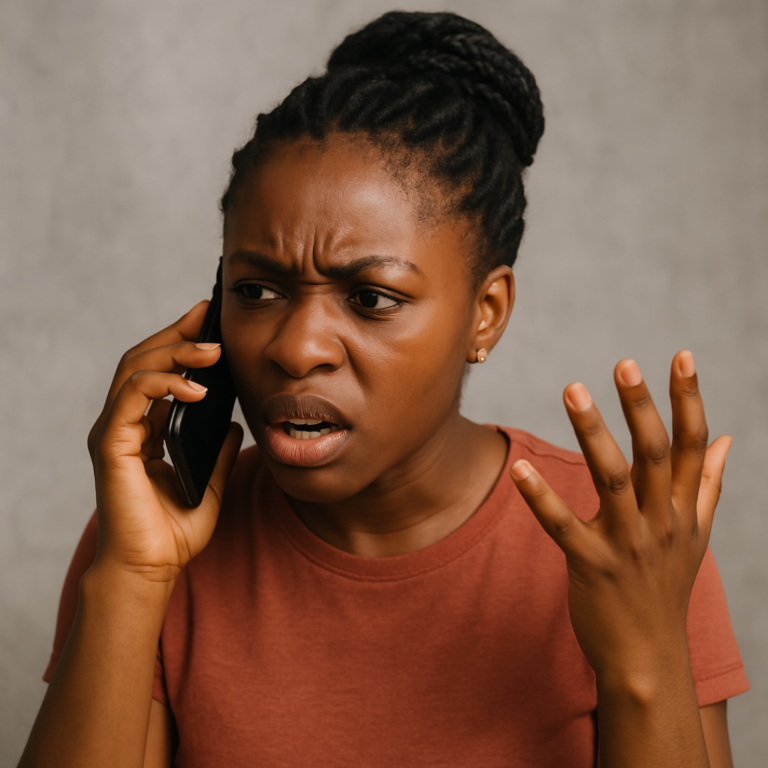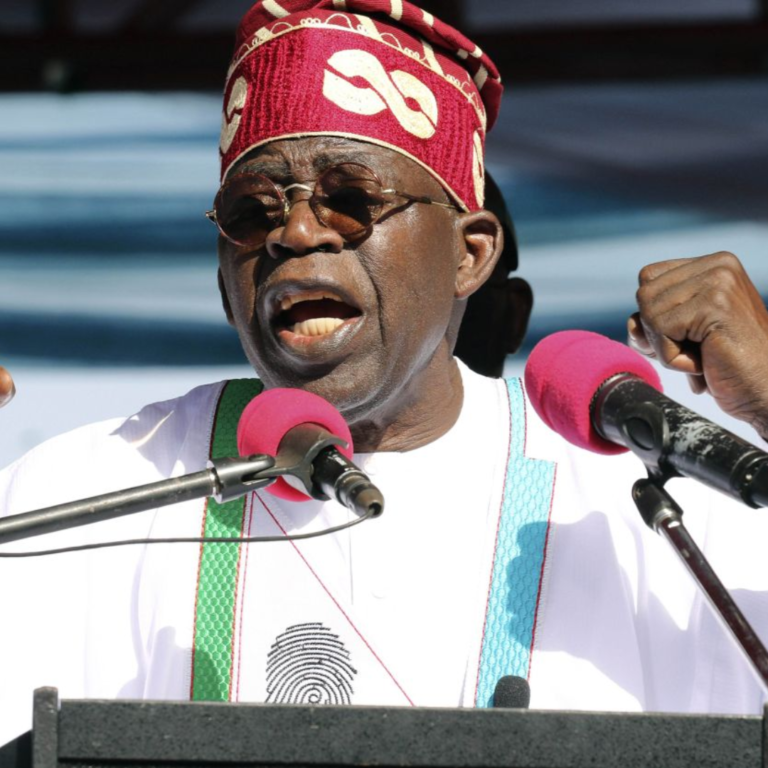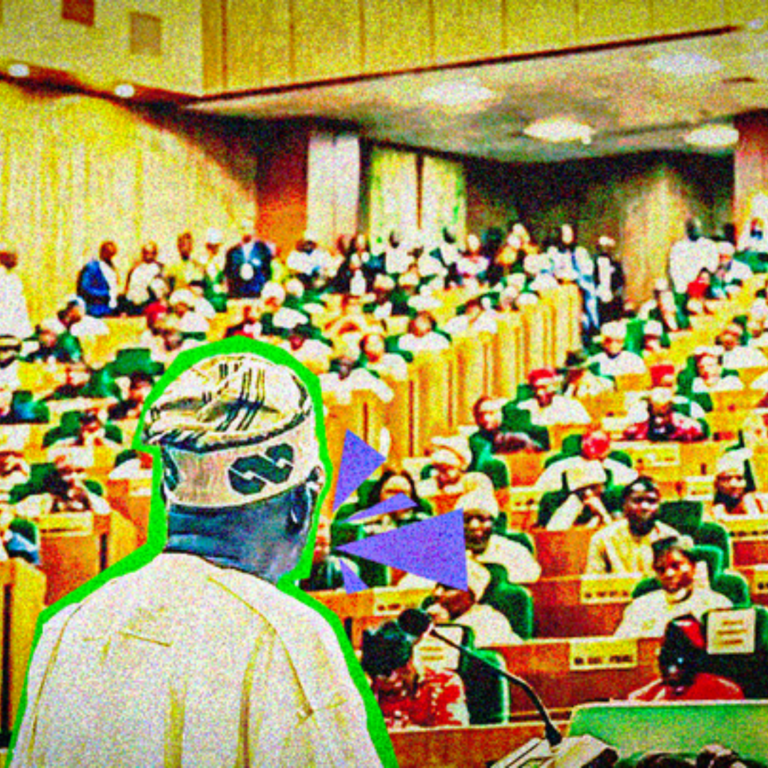Before October’s blackout, Ibrahim Samin got about five hours of electricity daily, so it wasn’t a big deal when he didn’t get any on October 21. But what he thought was a temporary outage turned into ten days of absolute darkness. In that time, he’s spent over ₦150,000 buying fuel, lost jobs from customers, and temporarily shut down his business.
After nearly two weeks without electricity, the 28-year-old tells Zikoko Citizen how the blackout currently happening in parts of Northern Nigeria has taken a major toll on his life.
Monday, October 28 – Day 10 of the blackout
“Right now, as I’m having this interview with you, I don’t know the fate of my business because I can’t afford to buy petrol every day to keep it running.
“Ten people in my family are directly dependent on me, but now, I have to sit and explain to them that I’ll have to cut what I spend on them every day,” Samin tells Zikoko Citizen.
The welder who lives and works in Kaduna State describes the 10th day of the blackout as the “most frustrating” day since this ordeal started.
“A customer brought a contract to me, and we settled on a price, but after checking the prices of things that I need to buy, I saw that taking the job will cost me three times what it cost before the blackout,” he said, explaining that the only logical thing to do to temporarily shut down his business. This is especially painful for him —since he started out as a welder, he’s never had to close his workshop except on important holidays.
Sadly, Samin’s situation has now become common among Nigerians living in the North. Since the blackout happened, there have been reports of business closures, hikes in prices of services tied to electricity, and deaths in hospitals.
Samin will protest if he has to
At the moment, Samin has no money coming in and still has to provide for his family. With all of this weighing heavily on him, he has taken to trending different hashtags like #BringBackOurLight, #savenorth, and #enoughisenough on his X account to raise awareness on the issue. Hundreds of other affected people in Northern Nigeria are consistently trending these hashtags to get the attention of the authorities, with some calling for protests. Samin doesn’t think a protest is a bad idea. He tells Zikoko Citizen that he has participated in protests since 2011 and will join this one if it happens.
Why is there a blackout in Northern Nigeria?
For people like Samin, it’s been ten days; for some, it’s been two weeks, and for other people, it’s been eight days—the count is not the same, but 17 out of the 19 northern states have been without electricity for two weeks. According to the Transmission Company of Nigeria (TCN), this is happening because the Shiroro-Kaduna transmission line, which provides electricity to the entire region, was vandalised by insurgents. Even though the issue is affecting the whole region, it’s especially worse in states like Gombe, Kaduna, Jigawa, Kano, Bauchi, Zamfara, Adamawa, Niger, Kogi, Taraba, Sokoto, and Plateau.
Are the authorities doing anything to fix it?
TCN says it’s had some delay in fixing the damage due to security concerns, but after President Tinubu summoned Minister of Power, Adebayo Adelabufor a meeting on Monday, October 28, he said security was no longer a problem and that the issue will be fixed in about five days.
“Mr President has instructed the National Security Adviser (NSA), the chief of defence staff, the chief of Army staff, and the Chief of Air Staff, to provide the required security for the people that will fix the demolished line.”
“With the provision of full security, the TCN staff will have the confidence, together with the contractors, to go to the field and fix it,” he said.
Adelabu and the President are not the only ones who had a meeting concerning the issue — On Monday, October 28, governors of all 19 Northern States and some traditional rulers had a joint meeting in Kaduna State where they discussed the blackout among other issues affecting the region.
Several politicians like former Presidential aspirants, Rabiu Kwankwaso, Peter Obi, and Atiku Abubakar have also called out the Federal Government and the TCN to relieve the people of the suffering brought on by the power outage.
What now?
Nigerians on social media are not holding their breath on the promises of the government and the TCN. They are saying “enough is enough” and are preparing to come out in numbers for a peaceful protest from November 4, if their electricity situation is not resolved.



